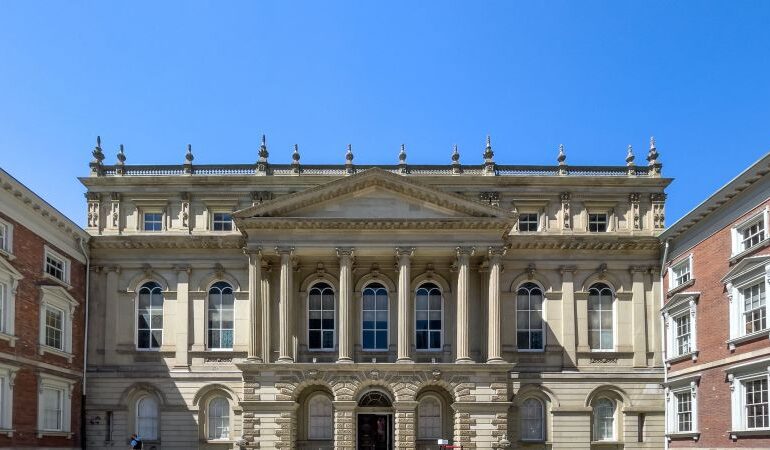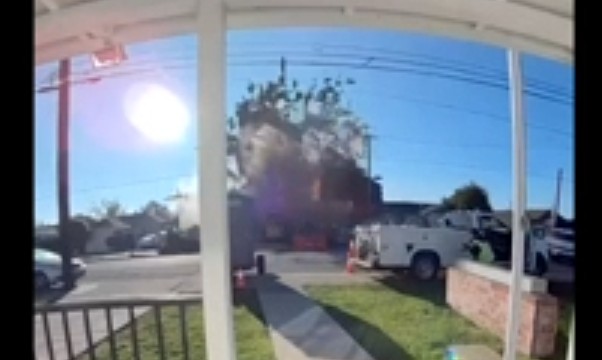Canadian Man Loses $1.2 Million Stash in Legal Battle

A Canadian man, Marcel Breton, has lost a protracted legal battle to reclaim more than 1.2 million Canadian dollars (approximately $1.19 million USD) he had hidden in various locations around his property. The legal struggle, which spanned 16 years, concluded when an Ontario appeals court upheld a ruling that mandated the majority of the money be forfeited to the government.
The saga began on December 1, 2009, when police visited Breton’s rural home on the outskirts of Thunder Bay while investigating an illegal handgun. During the search, authorities stumbled upon an extraordinary cache of cash. They discovered 15,000 Canadian dollars hidden in floor heating ducts, approximately 32,000 Canadian dollars in various spots around the garage, and a staggering amount of over 1.2 million Canadian dollars in a rubber tub buried beneath the garage. At the time, this total was valued at about $1.19 million USD.
In addition to the substantial sum of money, police also found a range of illegal drugs, including cocaine, marijuana, and ecstasy. Authorities expressed their astonishment at the discovery, stating they were “flabbergasted” by the extent of Breton’s hidden wealth. Breton faced several charges, including possession of the proceeds of crime, and was initially convicted. However, in a retrial, he successfully challenged the legality of the search, leading to his acquittal.
Despite his acquittal, Breton faced a different challenge regarding the fate of the money. In a ruling made in 2023, the trial judge, Justice Bruce Fitzpatrick, determined that the majority of the money should be turned over to the government. He noted the “unusual” nature of such a large amount of cash being stored underground, especially in light of the fact that the most prevalent denomination found was the 20 Canadian dollar bill, commonly associated with the drug trade. Furthermore, documents revealed that Breton had not reported any income to the Canada Revenue Agency between 2001 and 2008.
The ruling was supported by the appeals court, which emphasized the lack of credible explanations for Breton’s hidden wealth. Justice Fitzpatrick dismissed Breton’s claims that the money came from lottery winnings or his vehicle repair business, stating that the evidence did not support these assertions.
Legal experts weighed in on the implications of the case. Sanaa Ahmed, an assistant professor of law at the University of Calgary, described the situation as a case of “legalistic hair-splitting.” She noted that courts often justify the confiscation of funds in such circumstances, even when the accused has been acquitted of criminal charges. “Unfortunately, as societies, we’re growing increasingly comfortable with breaking some rules to catch the so-called ‘bad guys,’” Ahmed remarked.
Similarly, Michelle Gallant, a professor of law at the University of Manitoba, highlighted the burden placed on Breton to prove the legality of the funds. “What legitimate source might underlie dollars stuffed in a barrel and buried?” she questioned. “Why bury it? Each day, at the very least, you would even bank interest.”
Despite the unfavorable ruling regarding the bulk of his money, not all was lost for Breton. The appeals court confirmed that he could retain the 15,000 Canadian dollars discovered within the heating ducts of his home, as the judge could not conclusively determine that this particular sum was obtained unlawfully. This amount is now valued at just over $10,600 USD.
The case underscores complex intersections of law, public perception, and the challenges posed by hidden wealth in illicit contexts, highlighting ongoing debates about justice and due process in Canada.






